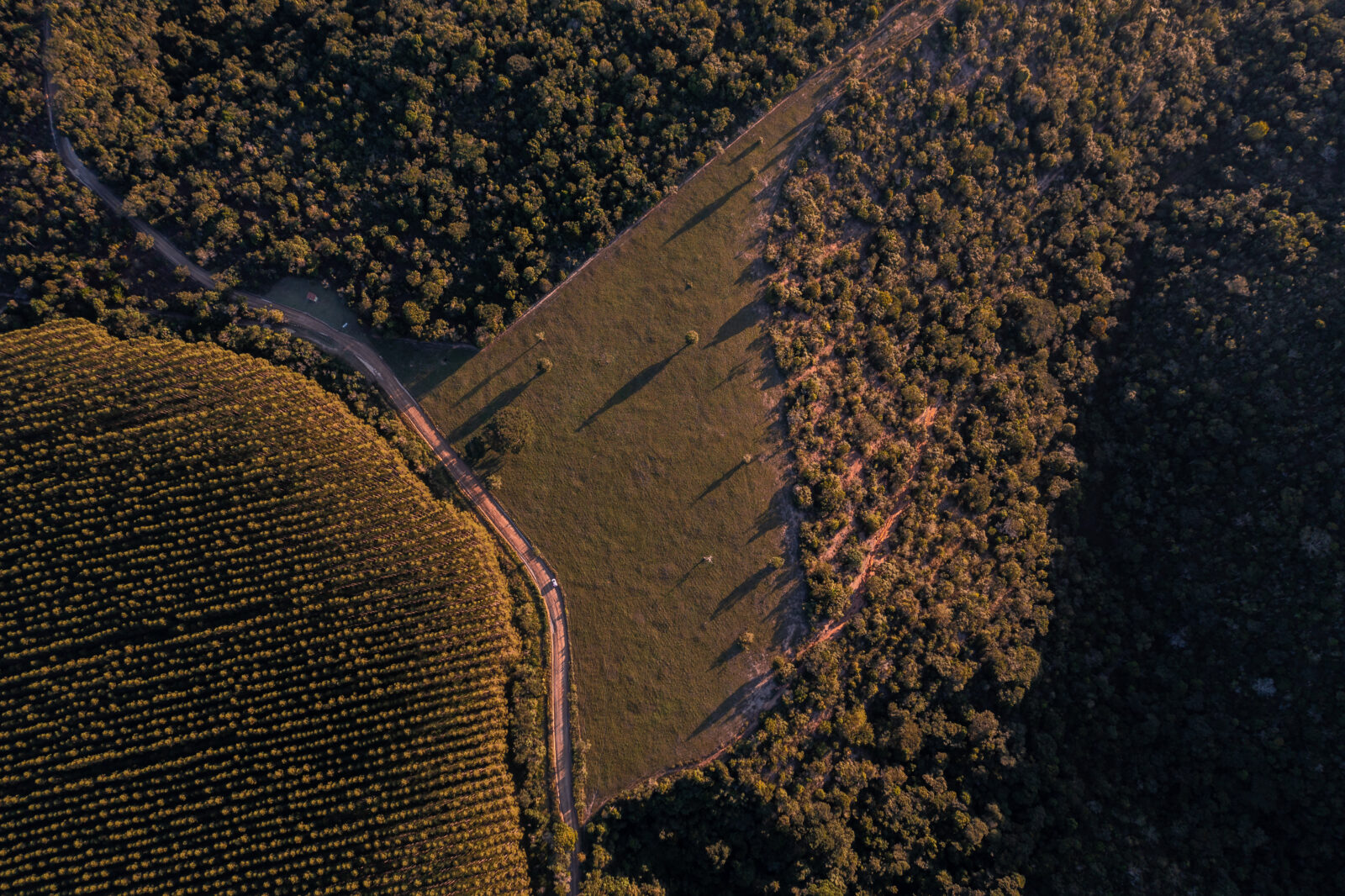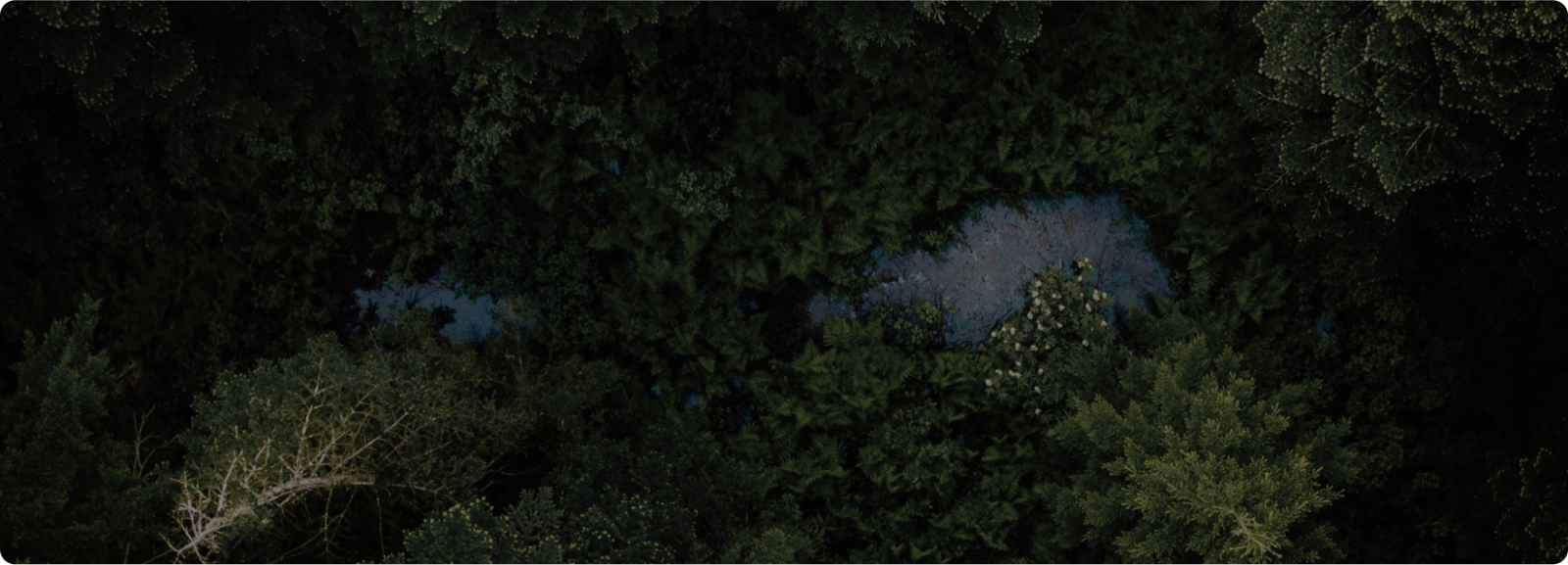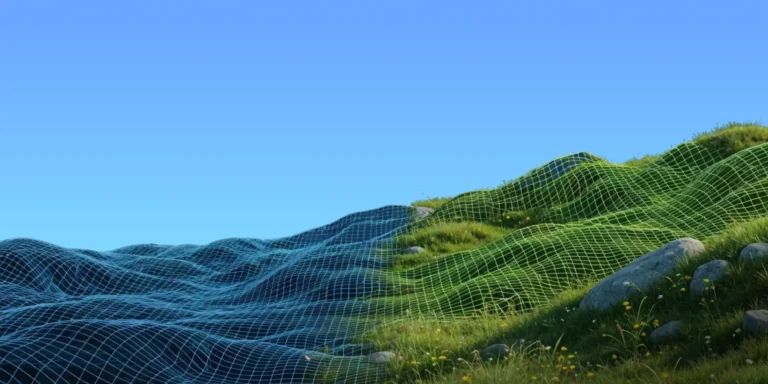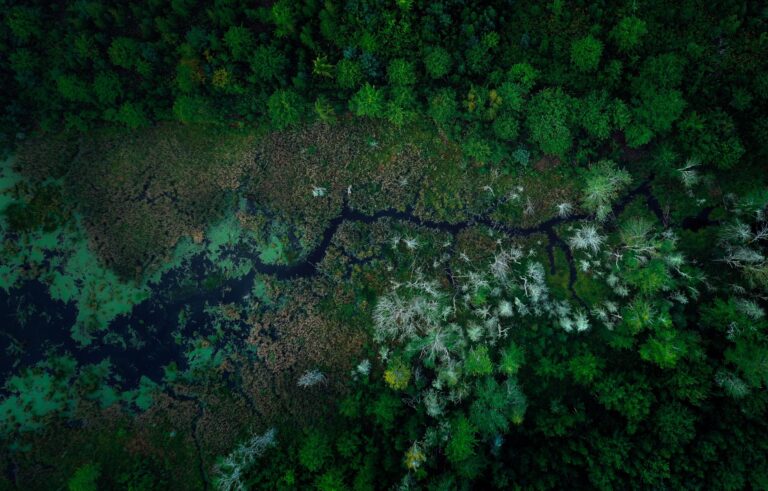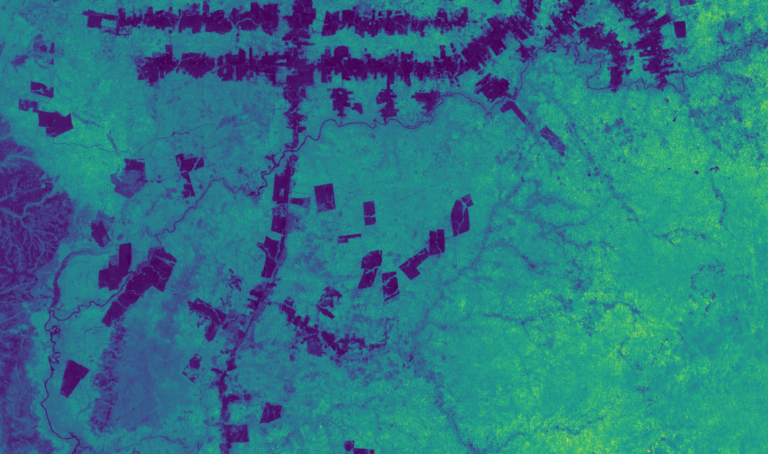Latin America’s largest company by market capitalization, Mercado Libre (NASDAQ: MELI), recently announced a new round of investment in Regenera América (Regenerate America), the company’s flagship effort to protect Latin America’s unique biomes and catalyze the development of an ecosystem of restorative activities. Regenera América now supports a total of nine projects across Brazil & Mexico and has invested USD $23.7 million to initiate the restoration and conservation of over 15,000 hectares of native biome.
As Mercado Libre’s strategic partner in developing Regenera América, we wanted to understand better how Regenera América came to be, so we sat down with María Guadalupe Marín, Mercado Libre’s Director of Sustainability. This interview has been edited for clarity and translated from Spanish.
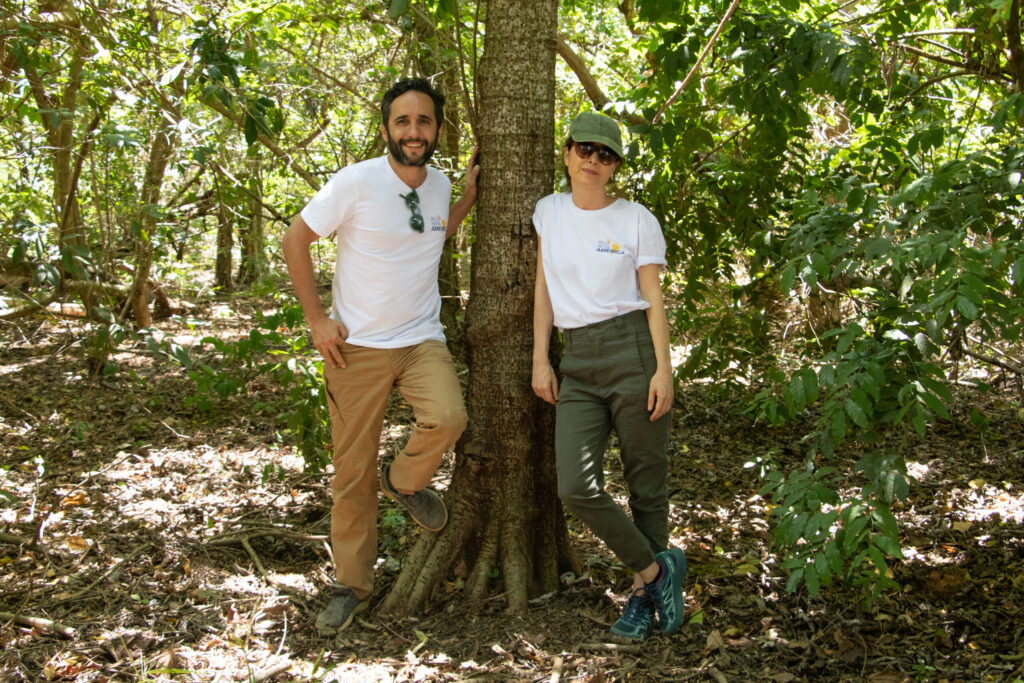
As Mercado Libre’s first Director of Sustainability, tell us how you came to the role.
At university, I studied Communications, and for many years I worked as a communications director in a consulting firm where I specialized in crisis management. My clients were large companies like Coca-Cola, Unilever, and Google. When I first entered the workforce, Corporate Social Responsibility (CSR) was starting to emerge, but sustainability didn’t yet exist as a concept or a function. CSR was, in a way, a response to crises and an effort to prevent future crises, and I felt like it wasn’t enough.
At the same time, I saw that many companies wanted to work with NGOs to address different shared challenges, but they didn’t speak the same language as corporations. With a friend, I founded an NGO dedicated to helping NGOs improve their communications and better prepare themselves for working with the private sector.
As I developed in my career, I realized that by adopting a sustainability mindset, companies could re-evaluate their operations from their core. Instead of reactively responding to crises, corporations can be a force for good. I loved communications because it has the power to drive change, but my work with NGOs made me want to have a bigger impact, so I left and managed social projects for a family office. I fell in love with the problem-solving involved in figuring out how to scale solutions to big problems, and I loved working with entrepreneurs and entrepreneurial ecosystems. After several years of doing this work, Mercado Libre reached out and asked me to join their team. In 2016 they had a very small sustainability department; it was me and another person. They asked me to design a sustainability strategy that could accompany the evolution of the business.
After considering different potential sustainability programs, how did Mercado Libre develop the idea of Regenera América?
Regenera América results from over three years of internal discussions at the highest level of the company. In 2016 we conducted our first effort to measure our carbon footprint, and we considered purchasing credits to become a carbon-neutral company, but we saw that as a short-term approach.
Then we started considering the long-term approach, which required transforming aspects of the company’s operations. For example, we asked ourselves, how can we expand our electric fleet of vehicles? How can we increase our procurement of energy from renewable sources?
Then, when we looked at our hard-to-reduce emissions, we again considered purchasing credits. Then we asked ourselves: what if we took the money it would cost to neutralize our carbon footprint and instead invested in reforestation and conservation projects throughout the region? What if we change the equation and don’t follow the logic of an approach that would result in us saying we’re carbon neutral? What would the hard route look like?
It was around this time that we were introduced to Diego (Diego Saez Gil, CEO & Co-Founder of Pachama), and he told us about how we wanted to democratize access to carbon markets through technology. As entrepreneurs focused on entrepreneurial ecosystems, we appreciated Diego’s entrepreneurial perspective of removing barriers and bureaucracy and allowing more people to participate; that attitude is the essence of our work since at Mercado Libre our mission is to democratize commerce and financial services throughout the region. Looking at how we could best contribute, we saw an opportunity to catalyze an entrepreneurial ecosystem by breaking the financing bottleneck.
To really understand how to make an impact, we need to understand and help solve some of the biggest challenges facing the development of conservation and restoration projects. To do so, we decided to get involved from the initial stages and work with experts on everything from inventory management in tree nurseries to the contracts with landowners to how the organizations that do this type of work operate. We’re now almost three years into the journey, and we’re continuing to learn a lot.
What was the process like to translate your vision into financial and legal structures that are compliant with the requirements of a publicly traded company?
As you can imagine, it was a challenge. In 2021 we launched our sustainable bond and raised USD $400 million to finance projects with a strong environmental and social impact. The bond focused on reducing our environmental impact, financial inclusion, and social development. As a publicly traded company, we must report how we use those funds when providing financial information to the market. Raising the bond helped us develop the governance as well as legal and financial structures and the processes for reporting and transparency. Having gone through the process of creating this structure, we also insist that the projects we support go through an extensive due diligence process and operate with strong governance, reporting, and transparency.
Let’s talk about project selection in Regenera América. What criteria do you employ to choose what projects to fund?
First, we obviously look at the environmental impact, but high on our list is understanding the team that is proposing the project. As entrepreneurs, we know that a strong and motivated team can overcome all obstacles. So we look for people who show signs of being resilient, flexible and also have the willingness and ability to learn on the fly, as well as conflict resolution skills. We look at their reputation as we want to see past success.
We then obviously look at how we can have the largest environmental impact, both in terms of hectares of land regenerated as well as the carbon sequestration potential. When selectin projects we choose not to initially focus on carbon, but it is an important part of project development since carbon markets can complement pure conservation funding to meet the global challenge of protecting and expanding the world’s forests. We also place a big emphasis on biodiversity protection as well as community impact. Lastly, we’re really interested in projects that protect and enhance water management.
What has been your biggest challenge with Regenera América so far?
The hardest part has been finding enough projects to finance. We aren’t able to spend as much as we would like because it’s difficult to find the number of projects that meet our criteria. We knew from the beginning, though, that this was part of the challenge of being an ecosystem catalyzer. As a result, we try to provide project developers with feedback so that we can talk to them again in the future. We want Regenera América to benefit even the project developers that don’t immediately receive funding from us.
You’ve just announced funding for a new round of projects. What’s next for Regenera América?
We’re still learning, and we’re still overcoming a lot of obstacles, but as entrepreneurs, we’re up for the challenge. We know we have to push forward, and we have to be brave, make mistakes, learn from them, and share those lessons. As a Latin American company, we have a deep professional and personal commitment to making carbon markets work for the region so that we can protect and restore our natural inheritance. Still, it won’t be easy, and it won’t happen overnight. We’re up for the challenge.
You can read more about Regenera América here.

